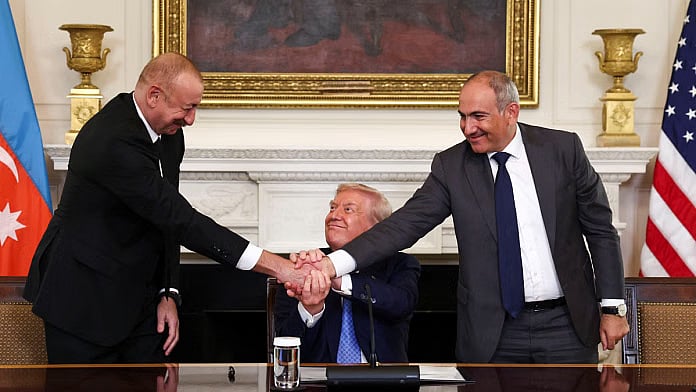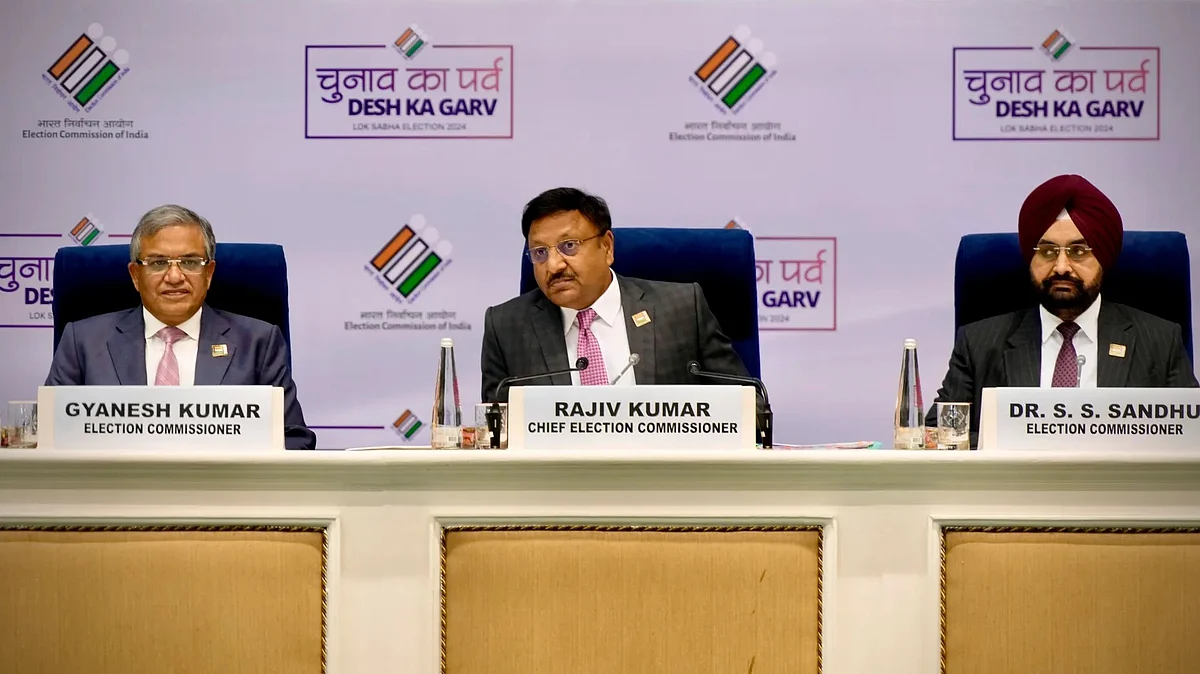Friday’s White House joint declaration between the leaders of Azerbaijan and Armenia former Soviet states embroiled for decades in a brutal territorial dispute bears strong imprints of growing US influence in the strategic South Caucasus, which borders regional heavyweights Iran, Russia and Turkey. Symbolic of the latest geopolitical reconfiguration is the move by Armenia, Russia’s traditional ally, to give Washington exclusive development rights to the Zangezur transit corridor in the country’s south, a 27-mile stretch. Now rebranded as the Trump Route for International Peace and Prosperity (TRIPP), Azerbaijan has long coveted access to the land corridor to connect with the Nakhchivan enclave (located within Armenia), Baku’s only border with its ally, Ankara. Another sign of the unfolding power dynamics is the proposal by Baku and Yerevan to disband the Minsk Group, a unit within the OSCE (Organisation for Security and Cooperation in Europe) that had engaged in mediation efforts between them since the 1990s.
Friday’s joint declaration, another legally non-binding document, a hallmark of President Trump’s diplomatic coup d’etat with US partners, does not detract from the urgent imperative for a resolution of bilateral disputes between the two countries. Azerbaijan’s blindsiding September 2023 annexation of the breakaway region of Nagorno-Karabakh, which triggered the exodus of an estimated 100,000 Armenians that rights groups decried as ethnic cleansing, has demonstrably altered the balance of power in the South Caucasus. Most notably, Russia’s failure to prevent the sudden escalation, despite the large number of troops stationed in Nagorno-Karabakh, has been viewed by Armenians as a grave betrayal, notwithstanding the distraction from Moscow’s prolonged war with Ukraine. The current scenario has, in effect, dashed the hopes of the predominantly ethnic Armenian community in Nagorno-Karabakh of being accorded statehood by the international community. Its population declared independence from Baku as the Republic of Artsakh in 1991.
Conversely, Azerbaijan’s autocratic President Ilham Aliyev, after inflicting a crushing 2023 defeat against Nagorno-Karabakh, has stepped up his bellicose rhetoric against Armenia. He has also leveraged the country’s rich oil resources to effectively project power, evident in Baku playing host to the Cop-29 climate conference last year.

Mercifully, apprehensions that President Aliyev might contemplate a full-fledged military offensive against Armenia have been allayed in recent months, as the two sides have sat across the table to thrash out a credible and lasting settlement. However, the bilateral peace agreement that Baku and Yerevan negotiated nearly a year ago has apparently stalled, owing to unresolved issues. The most sensitive of them all is Azerbaijan’s demand that Armenia remove any reference to Nagorno-Karabakh from its constitution. Prime Minister Nikol Pashinyan is believed to be weighing the political fallout from making yet another concession—besides the grant of access to the Nakhchivan enclave—ahead of the 2026 general elections. It would behove peacemaker President Trump to prevail on the two leaders to seal the deal they have finalised forthwith.










